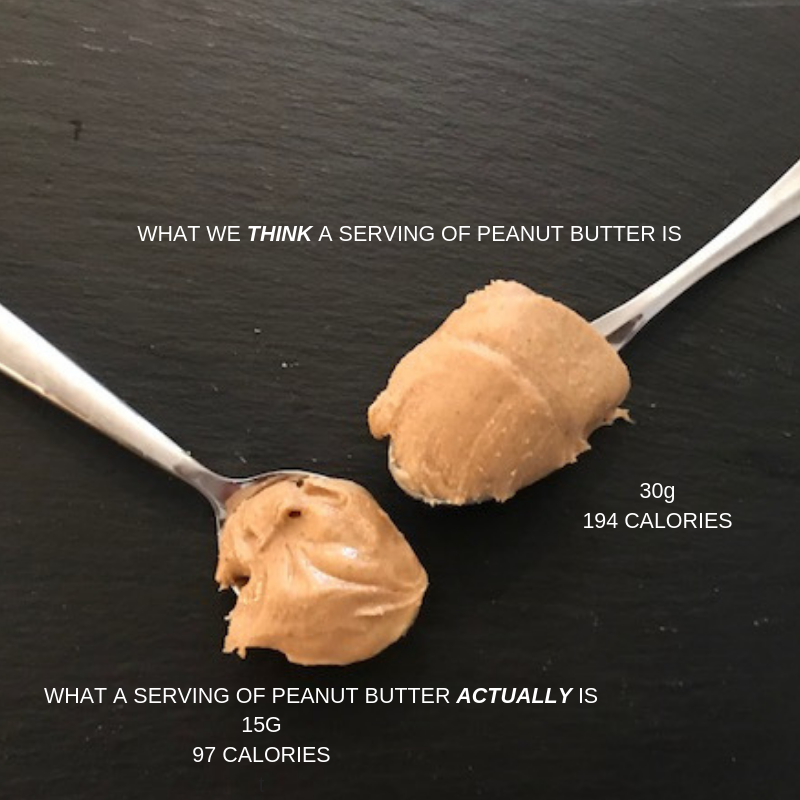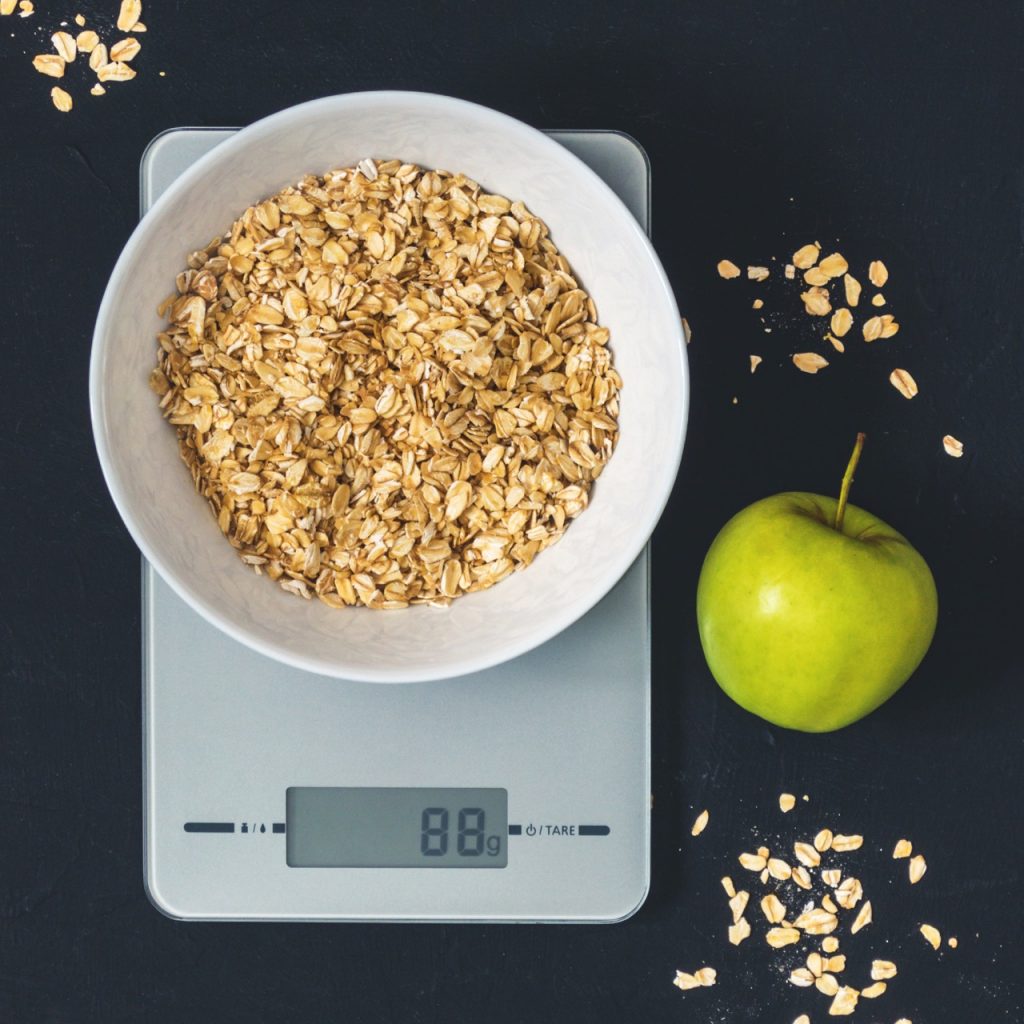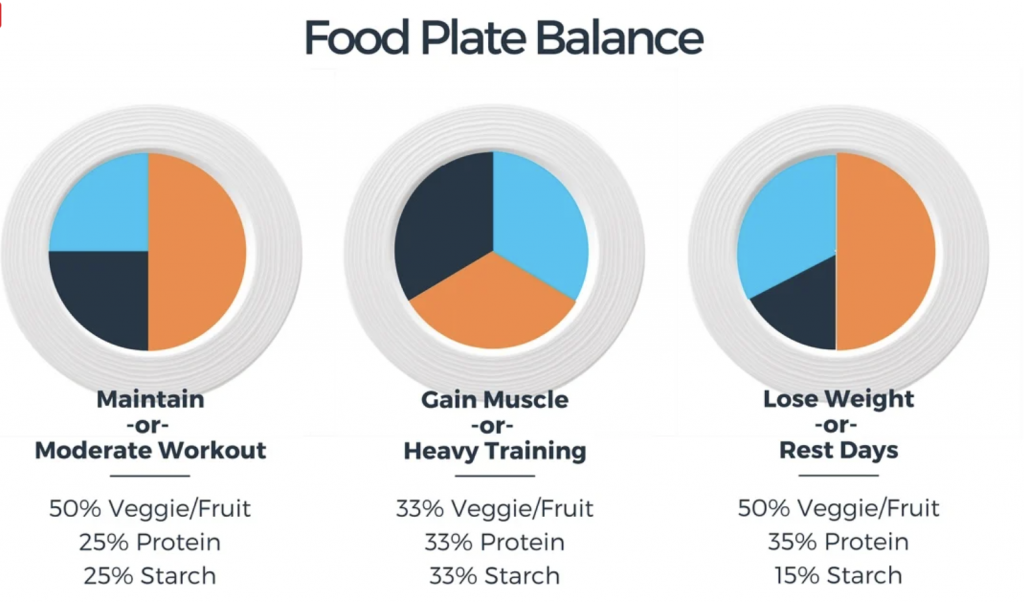Flexible Dieting- how not to stress over macros
“The best diet is the one you can stick to.”
If you’re looking not just to lose weight but improve your body composition then the chances are you’ve heard about macronutrients (protein, fats, carbohydrates). While you will lose weight if you just put yourself in a calorie deficit, if you are looking to optimise fat loss and muscle gain the type of food you eat is also important.
In particular make sure you are getting sufficient protein for your body’s needs. Just counting calories can often lead to inadequate protein intake, which can cause a variety of problems including slower muscle gain, impaired post-workout recovery, increased hunger, blood sugar imbalances etc.
Tracking calories and macros can be especially useful when you are starting out on your weight loss journey. It gives you insight into the calories and composition of common foods you like to eat and what a portion size looks like.
Like peanut butter? Then just be mindful about how much you are eating.

However if you have ever used a calorie and macro counter to track your daily meals you will appreciate how laborious it can be after a while. For some it may lead to unnecessary stress by constantly worrying about whether they are hitting their macros.
If you find this is true for you then you may need to take a step back and focus on a more ‘flexible’ approach. This doesn’t mean you don’t pay any attention to your calories or macros but there are some easy principles to follow which can mean you get results without stressing so much.

Focus on whole foods at least 80% of the time
If you focus on building your diet with whole food, unprocessed, nutrient rich foods then you are less likely to go over on your calories. Many of these foods particularly vegetables are low in calories and high in fibre – so you can eat a lot and they will fill you up.
Focus on Protein First
Even if you don’t hit all your macro targets aim to get the protein intake about right. When it comes to body composition protein is king. Eating sufficient protein helps preserve lean mass when reducing your calories, helps stabilise blood sugar and starve off cravings and hunger pangs. This is particularly important if you are hitting the gym in an attempt to build muscle.
Use your plate for balance
If you don’t want to weigh your food then an easier option is to look at the balance on your plate. Make sure you have plenty of colourful vegetables and sufficient protein and the carbs can then be added as needed.

Eat on a schedule that fits your lifestyle
Generally speaking, when you eat your food doesn’t matter. So long as you’re managing your calorie and macro balance properly, meal timing / frequency aren’t overly important.
That means if you want to skip breakfast and eat a larger lunch that is fine. If you want to skip lunch and have a couple of snacks instead during the afternoon that is also fine. Now clearly if you are working out intensely, lifting weights, running long distances, training for a marathon etc then eating around workouts can be helpful. But my point is that you can be flexible based on the type of day you have and your own preferences.
Don’t deprive yourself of foods you like
If you are following the 80% rule above that means you have room to include some of your favourite less nutritious foods too. Of course you still need to be aware of portion sizes but if once a week you fancy ice cream have it! Taking a more relaxed view without blowing your calorie deficit can aid compliance in the long term.
Hit your Calorie target but take a week’s view
For weight loss you do need to hit your target calories for the day. But if you go over one day it is not going to ruin your diet. Simply cut back the next day a little. What is important is that over the week, month etc you maintain a calorie deficit.
By taking a more flexible approach it means that if you are going out for a meal or meeting up with friends you can enjoy yourself knowing that the next day you will cut back a little. The key is to find a plan that is sustainable and fits in with your lifestyle. Rapid weight loss and then ballooning back to your previous self is what you want to avoid. Improving your body composition takes time and effort; by sticking to your plan long enough you will get and maintain the results you want.

